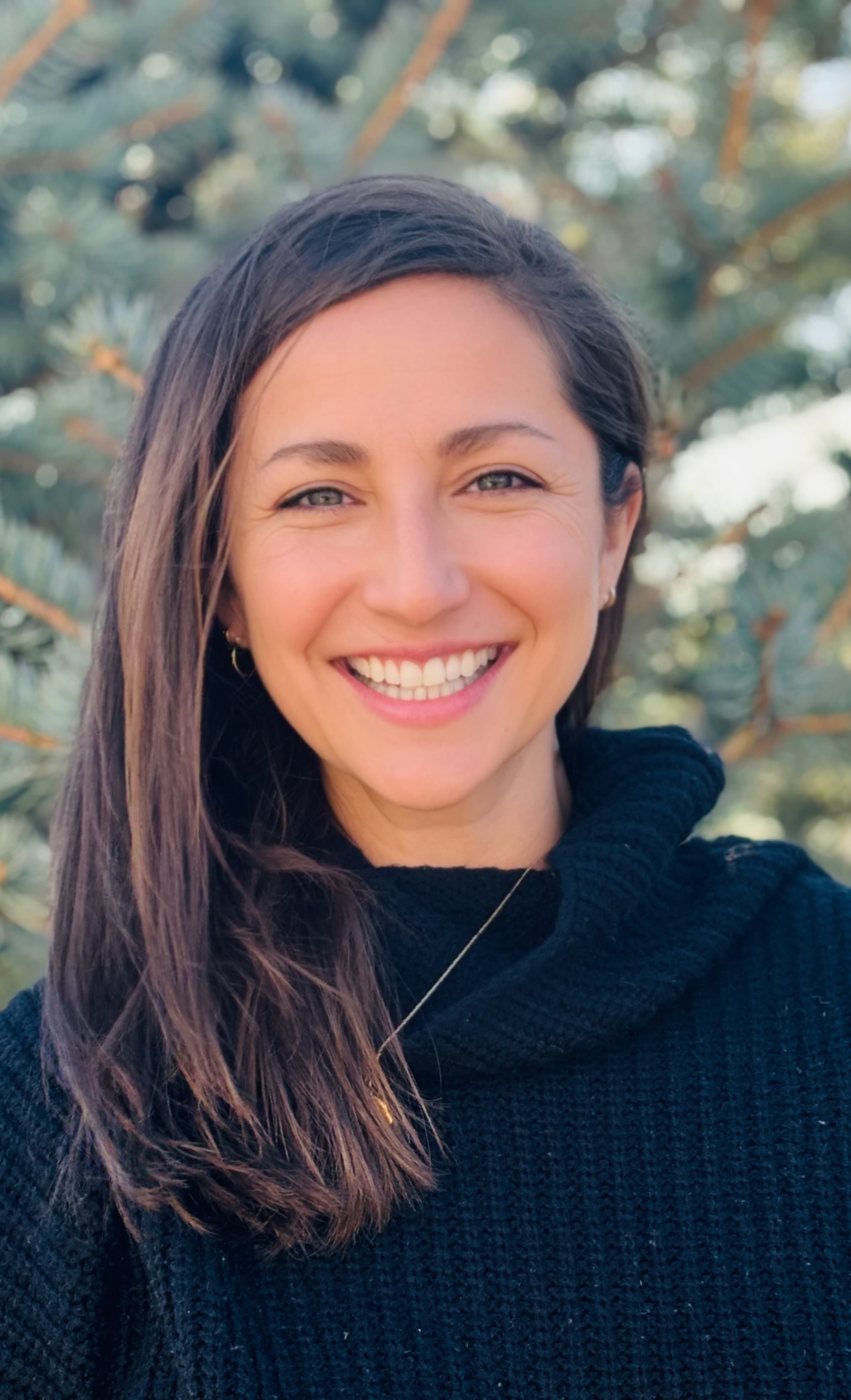Meet Laura

Welcome!! I’m so happy you found me! I’m Laura; a New England native who currently lives in Colorado. I’ve been a nurse for 13 years in the antenatal space. In my career, I’ve worked in large level 1 trauma centers, small rural community hospitals, OB offices, and privately in homes. I've seen almost every pregnancy, labor & delivery, and postpartum situation you can imagine. I've had to navigate difficult conversations with providers, advocate fiercely for my families, call out dangerous bias (including my own), and generally act as the bridge between the medical birth world, and physiological birth world.
I’ve witnessed how incredible and otherworldly physiological birth can be when supported, allowed to progress without a time limit or medical intervention, and treated as a normal, beautiful human function (because it is!!). I’ve also been so thankful for that same medical intervention when necessary, and used appropriately. A great strength of mine is knowing and identifying the difference.
I’ve seen how unpredictable pregnancy and birth can often be. Home or hospital, induction or not, medicated or unmedicated, vaginal or c-section; my aim is to help you realize personal safety, autonomy, empowerment, and respect. You are the most integral member of the assembled birth team! I’d love to walk shoulder to shoulder with you, through pregnancy, labor, birth, and beyond!
My Mission
It is no secret that The United States has the highest maternal mortality rate among developed countries here on our little green and blue spinning marble; despite spending more on healthcare than any other nation. This crisis is even more dire for Black, Indigenous, and people of color, who face maternal mortality rates 2 to 4 times higher than white birthers. If you live in states like Louisiana, Georgia, or Arkansas, your risk of dying is significantly higher than if you lived in California, or New York.
Racial disparities, systemic racism, poverty, and lack of access to quality pregnancy and postpartum care all play an enormous role in maternal mortality. Restrictive reproductive health laws in many states further compound this crisis by driving out obstetrical providers and closing maternity units, leaving families with fewer options to seek the care they deserve. These systemic barriers disproportionately affect people of color, and I’m sure you’ll be astounded to know there is a direct correlation between states with the strictest reproductive health laws and the highest maternal mortality rates.
Many families go into birth unaware of their options, their rights, or how their choices can impact their health and their baby’s health. In some cases, families deliver at home with high-risk pregnancies that could have safer outcomes in a hospital setting. Others lack access to hospitals or birth centers altogether, or choose to deliver happily and healthily wherever they can. The birth world is full of dualities—good and bad, safe and dangerous—in all settings and with all providers.
My mission is to unify, educate, and provide evidence-based care for all families, regardless of their circumstances. I believe that every family deserves the best, healthiest, and happiest outcomes, and I’m committed to making that possible. We, as birth workers, are all capable of growth, and the lives of those we serve depend on our commitment to continuous improvement.
I am not perfect, and I have way more questions than answers. By engaging in conversation, attacking problems instead of people, planting seeds, and setting fires, I think we can move the goal post in the direction we desire.
To begin, I offer discounts for all members of the BIPOC community and those birthing in Louisiana, Georgia, Indiana, Arkansas, or Missouri—states, who in recent years, have consistently reported significantly higher maternal mortality rates, well above the national average.
For others, know that 10% of all service costs will be donated to doula groups, birth collectives, and freestanding birth centers across the country, who are fighting to keep the lights on in order to continue serving members of their own communities.